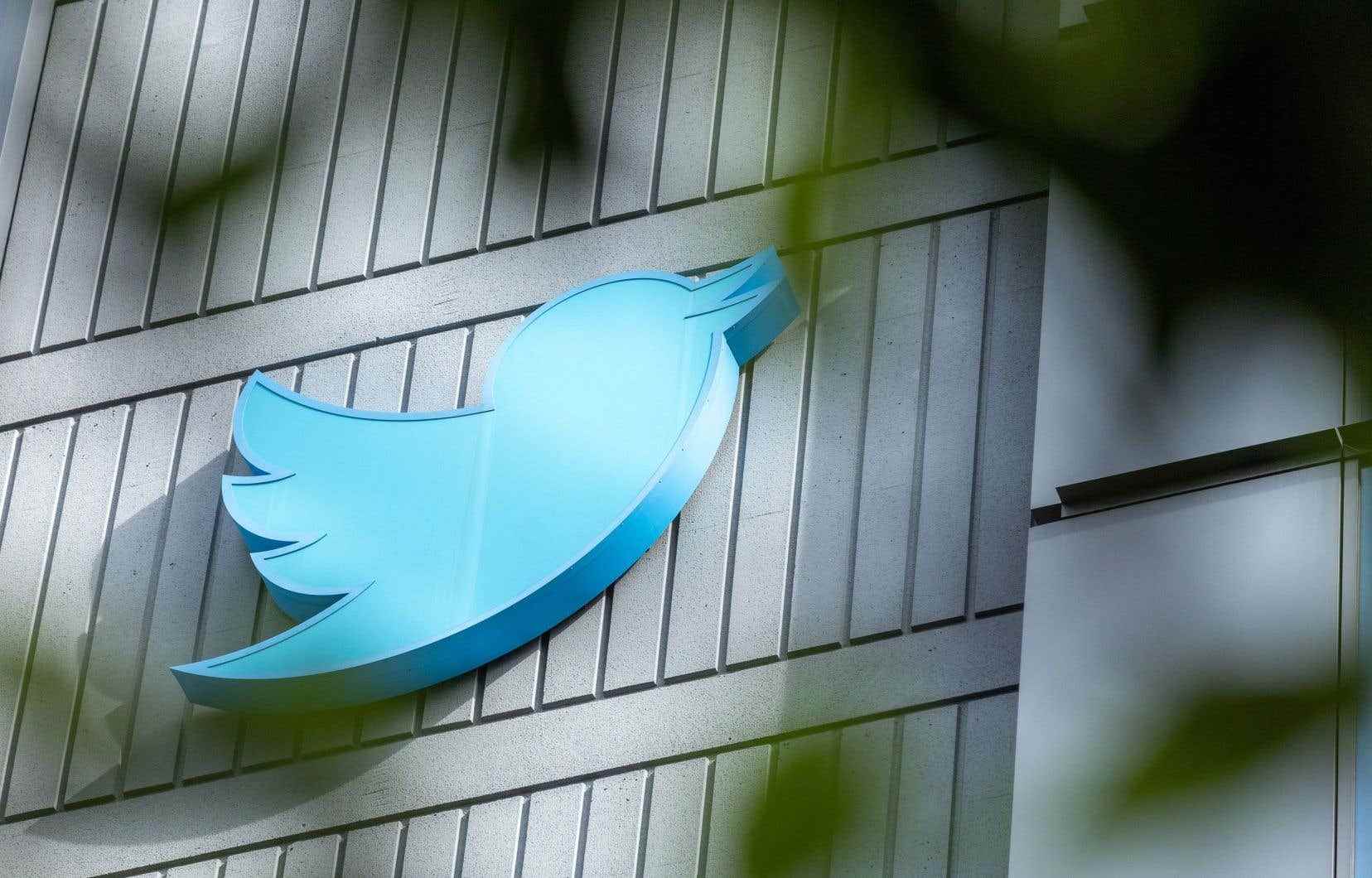With the arrival of Elon Musk at the head of Twitter, many Internet users fear an increase in misinformation on the social network and are starting to look for an alternative platform. Among them, the German site Mastodon.
Hours after billionaire Elon Musk took over Twitter, Hollywood influencers like the producer of This is us Ken Olinactivists, scientists and researchers have announced their departure from the blue bird platform.
The fear of the emergence of a more radical discourse, but also the uncertainty as to the future of the data, now owned by the boss of Tesla, are among the main reasons which push “twittos” to desertion, according to the communications coordinator for the Research Group on Daily Information and Surveillance, Laurence Grondin Robillard.
“Elon Musk uses social networks, including Twitter, which is very similar to trolling […] it disturbs the node of twitter where we find a lot of media, journalists, researchers, ”explains the social media specialist, doctoral student and lecturer at UQAM. Mme Grondin Robillard herself questions her presence on Twitter and intends to monitor the evolution of the platform to make a decision “by the end of the year”.
But other academics have already taken the plunge. This is the case of Marie Peltier, a Belgian researcher specializing in conspiracy.
“If direct far-right support takes the lead, Twitter objectively becomes a far-right political tool. Rather than making papers of it in 5 years to “analyze” the thing, I prefer act now,” she wrote bluntly in a Twitter post.
I will gradually migrate to Mastodon. I think it is important to take stock of the political shift that is taking place and to act on a position rather than to “submit _.
I believe in the importance of symbols to resist. https://t.co/fYW0G7zeES— Marie Peltier???????? (@Marie_Peltier) October 29, 2022
One of the options being considered by those taking part in #TwitterMigration is the Mastodon decentralized platform. In four days, the hashtag #Mastodon has been shared more than 34,000 times and the platform says it has counted more than 70,000 new registrations on October 28the day Twitter was officially acquired by Elon Musk.
What is Mastodon?
The social network was launched in 2016 by German programmer Eugen Rochko, then in his early twenties, who said he was dissatisfied with Twitter.
The objective of the platform is similar to Twitter, but with very different means. It is open source, without advertising or data recovery and is composed of several decentralized servers.
Why choose Mastodon? Because it’s decentralized and open-source, it can’t be sold and won’t go bankrupt. It respects your privacy and gives control over the network to the people. It’s a product on top of a protocol, the way Twitter should have been.
—Mastodon (@joinmastodon) October 27, 2022
This decentralization – which causes headaches for several unfamiliar Internet users – allows, according to Mastodon, a platform to be able to exist without large financial means or recourse to monetization, such as the sale of user data.
Each community can create its own server, set its own moderation rules – respecting basic criteria, warns Mastodon – while having the possibility of communicating between the different servers.
But does choosing your community amount to sinking into an echo chamber? According to Laurence Grondin Robillard, the Mastodon platform offers more “freedom” to the user who knowingly chooses his community. And nothing prevents you from navigating between different servers, adds the lecturer at UQAM.
The use of decentralized platforms like Mastodon remains marginal, however, recalls Chanel Robin, a master’s student in communication at the University of Montreal (UdeM) who specializes in alternative social networks.
“Before leaving the proprietary networks, like Twitter, there is technical knowledge to have, a curiosity to develop for the alternatives” and still it is necessary that there are media and personalities to follow on the platform that the ‘we join, she underlines.
For those who try the adventure of alternative social networks by being well prepared, a significant advantage is offered to them: “we can have a little more control over our data”, points out the associate professor of UdeM specializing in alternative media, Stéphane Couture.
